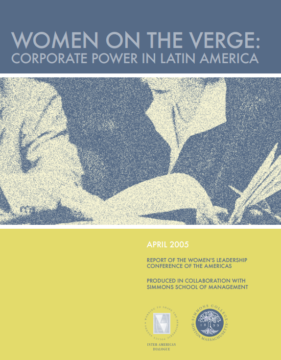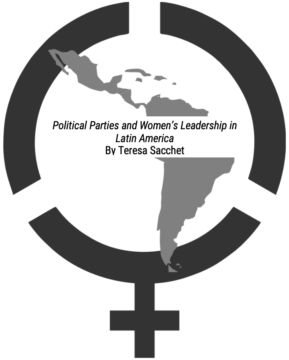
How Can Women in the Region Crack the Glass Ceiling?
Why is there such a lack of women in powerful seats running companies or sitting on boards in the region?
Why is there such a lack of women in powerful seats running companies or sitting on boards in the region?
While the overall landscape for reproductive rights showed little change in 2014, there is evidence of glacier-like movement toward easing restrictions on abortion.
How are women faring in Latin America? Where has progress been made and how has that been achieved?
In Brazil, the possibility of pregnant women with Zika having access to abortion has not entered the public debate.
On April 6th, 2016, the Inter-American Dialogue hosted a discussion on “Criminal Abortion Laws in Latin America”.
The lack of adequate skills represents a bottleneck to productivity growth and to the ability of workers to obtain gainful employment in Latin America.
Despite taking significant steps towards a more gender-balanced political system –notably the recent adoption of female representation quotas— Colombia, like many other Latin American countries, continues to struggle with the legacies of pervasive social, economic and political inequality that disproportionately affect women. The study gauges the effect that campaign finance has for aspiring female leaders, and puts it in the context of broader social and cultural barriers that hinder women’s political activism throughout the region.
How do Latin America’s total abortion bans affect women’s health and human rights?
Our hemisphere is quickly becoming one of the most gay-friendly territories in the world, but not everything is advancing positively.
Despite making significant gains in government and politics, women continue to face structural barriers.
Would this be a more compassionate, more peaceful planet if more of it were ruled by women?
What roles are women playing in Mexico’s brutal drug trafficking war?
Research shows that what is good for women is good for business organizations as a whole, especially for organizational leadership.
Argentina is leading the way in the push for LGBT equality in the Americas, but despite its progressive laws, much remains to be done.
Increasing women’s presence in political decision-making positions has been advocated by development organisms, activists and academics as a means to strengthen democracy and to make policy-making processes more representative of wider sections of the population.
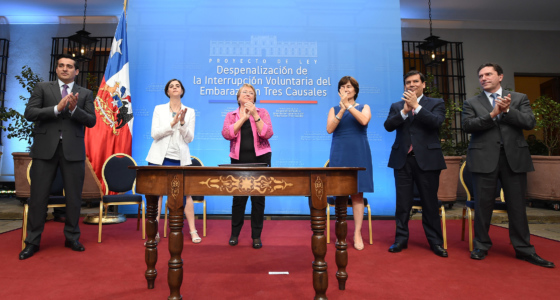
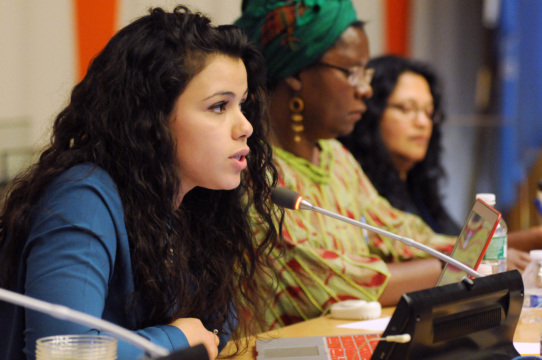

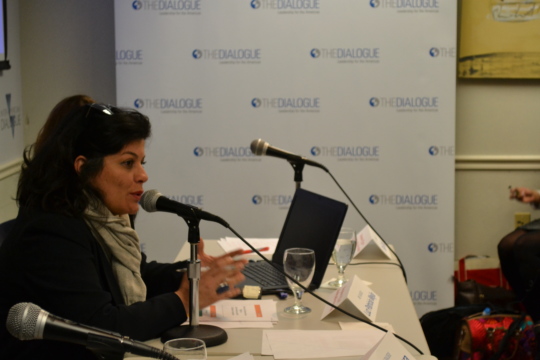
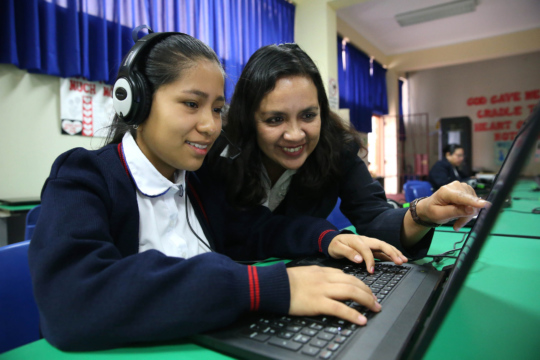 Video
Video
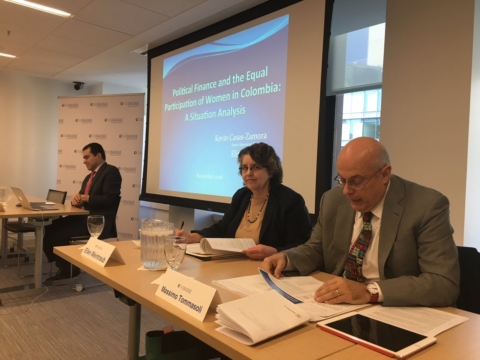


 Video
Video
